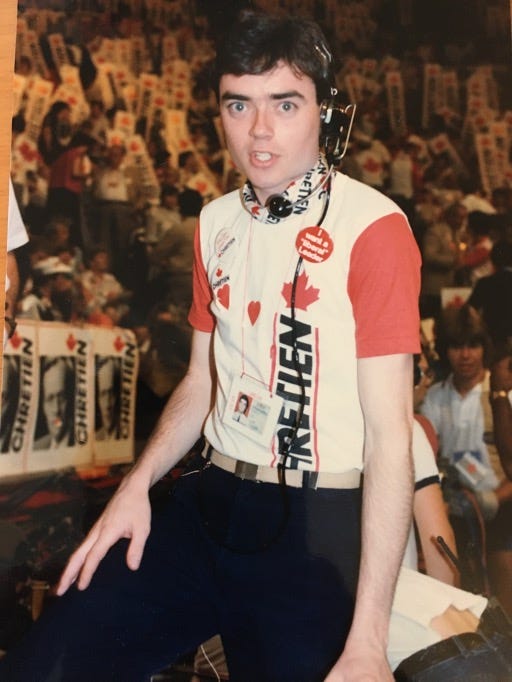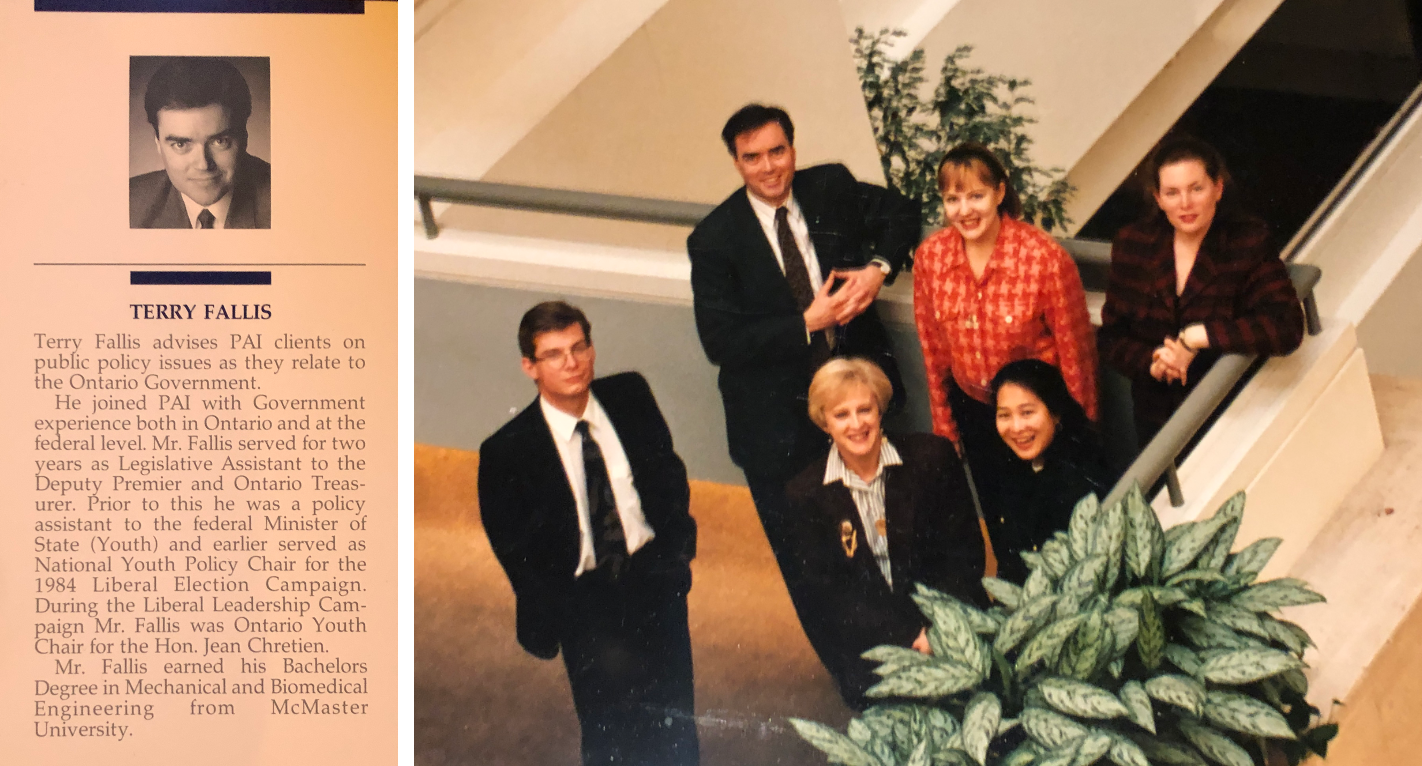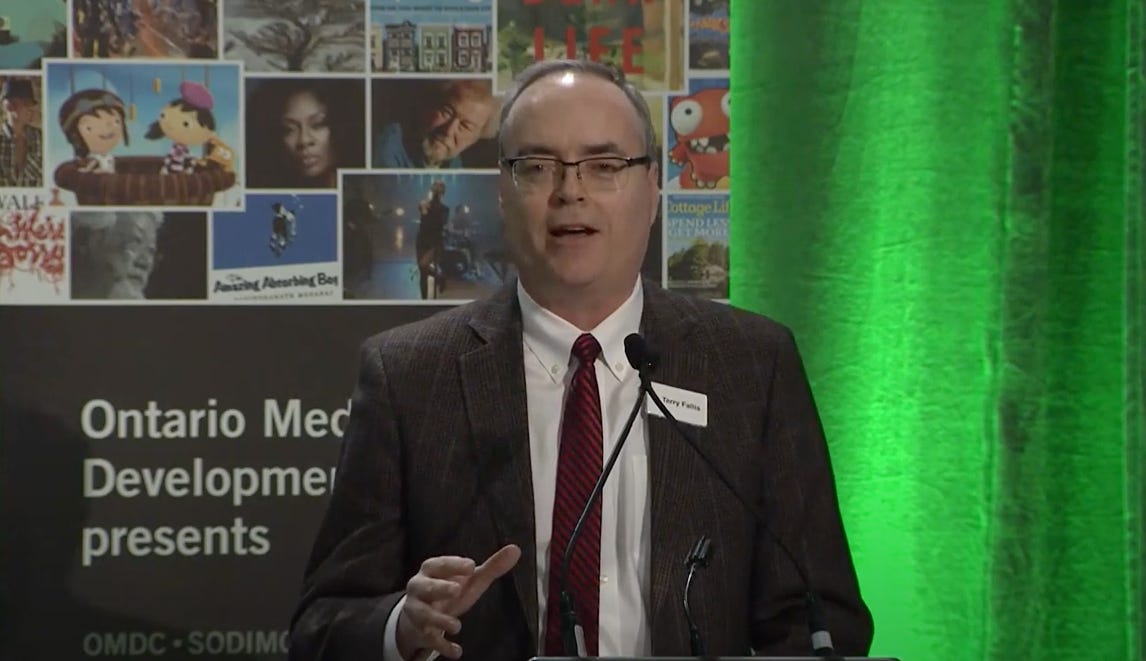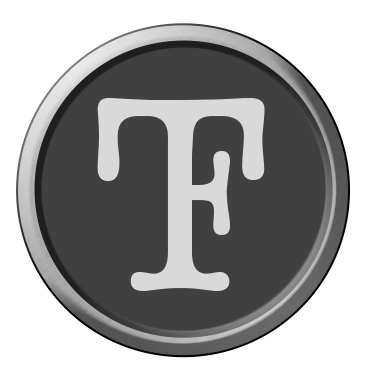I’ve often wished I’d started writing earlier. If you’ve been following my Substack for a while now, you may recall that I didn’t write my first novel until the rather advanced age—for a writer—of 45. But after many years of sober second thought—spoiler alert—I’ve concluded that my long working life in politics and public affairs/communications consulting actually equipped and prepared me well for the writing life. In fact, in many ways, it may have made me the writer I am.
My 39-year working life in brief
Just to set the context, here’s a very short summary of my working life since earning my Bachelor of Engineering from McMaster University in 1983.
First job after graduation
Well, technically, my first job after graduating from university was actually still at the university. You see, I ran for President of the McMaster Students Union (MSU) during my final academic year. It’s possible—perhaps even likely—I was trying to avoid leaving my university years behind and entering the real world. I somehow won that election and spent 1983-84 as MSU President. I consider it my first real job. It was a full-time, salaried position heading up a significant business operation with a budget approaching a million dollars if I remember correctly. We had 23 full-time employees and about 400 part-timers, two bars open six days/week, a convenience store, a games room, an Ombudsman, and other business ventures and services. Plus, there was the equally important role of protecting and promoting the rights of students on campus, provincially, and nationally. It was an extraordinary experience that shaped the rest of my life, particularly my time in politics that followed.
My time in politics
I left McMaster after my term as MSU President ended in the spring of 1984, and somehow immediately landed a full-time position as Ontario Youth Chair on Jean Chrétien’s Liberal Leadership campaign staff. It was my first taste of federal politics. I organized events, mobilized the youth vote for Jean Chrétien, and did advance work for the future Prime Minister when he toured Ontario. I also had responsibilities, along with an amazing team, at the Leadership Convention in Ottawa in June of 1984.

As you may remember, Jean Chrétien lost that leadership battle to John Turner. My next job started within days of the leadership convention in mid-summer 1984 when I was hired as a policy advisor to new Prime Minister John Turner’s Minister of State for Youth, the Hon. Jean Lapierre. My minister was 28 years old and I was 24. My four years of experience in the national student movement certainly helped me in my new role where I was working on youth policy initiatives, writing speeches and letters for my minister, and travelling with him across the country. For me, it was a blend of policy and politics. John Turner lost that election at the end of the summer as Brian Mulroney swept to power, but I stayed with Jean Lapierre for another year as his Executive Assistant, in his new role as Opposition critic for International Trade.
In the fall of 1985, I returned to Toronto to serve as Legislative Assistant to Finance Minister Robert Nixon in the newly elected Ontario government of Premier David Peterson. I wrote for the minister, accompanied him to various events, and briefed him daily on the current issues in preparation for Question Period. I sat in the Legislature behind the Speaker to provide anything my minister needed when he was in the House. And there were many other responsibilities that come with working on the political staff of a senior Cabinet minister. I stayed with Robert Nixon in that role for two and a half years.
Public Affairs/Communications consulting
In January of 1988, I left full-time politics to begin what would become a 34-year career in public affairs and communications consulting in the agency world. I first joined what was then called Public Affairs International (PAI), one of the largest public affairs consulting agencies in Canada. Shortly thereafter, PAI merged with a major New York-based PR agency to become Hill and Knowlton Canada (H&K). I worked in the Provincial Affairs unit for Joe Thornley and eventually headed the group. I spent eight years with H&K, the last of which I served as President of the H&K subsidiary, Berger & Associates, one of the nation's oldest PR firms at the time.

In mid-1995, my old PAI boss and good friend Joe Thornley and I formed Thornley Fallis Communications, a consulting agency with offices in Toronto and Ottawa. At one point the firm had 40 employees and a fledgling office in Vancouver, too. We had lots of great private and public sector clients including Molson, Nike, GM, Universal Studios, the Canadian Football League, Maple Leaf Sports & Entertainment, Travelocity, Allstate, Metrolinx, several pharmaceutical companies, the Government of Canada, and the Ontario Government, to name just a few.
Here’s a grainy video shot for CEOTV just after I won the Leacock Medal in 2008 for my first novel, The Best Laid Plans. It gives you a glimpse of my working life as much of it was shot in the Thornley Fallis Toronto office. In fact if you click on the link above, or on the image below, and fast forward to the 4:45 mark, I actually talk about how my day-job helps me write novels. So I was already connecting the dots after my first novel.
I helped lead Thornley Fallis for 27 years until I retired to write full-time in March of 2022. The firm still operates today with a market-leading expertise in digital public engagement through a platform we developed known as 76engage. It was a helluva ride and it taught me a great deal. And I loved it.
So with that set-up…
How did my career prepare me for the writing life?
Would I still be the same novelist I am today without the 39-year career outlined above? Good question, but I seriously doubt it. I gained in so many different ways from my working life and I’m so much better able to contend with the challenges that a working novelist must confront to be successful. Here are a few of the ways my career helped make me a better writer:
The discipline of writing
In my 39 years as a political staffer and communications consultant, I wrote nearly every day. I wrote policy papers, speeches, letters, strategies and communications plans, news releases, corporate materials, new business pitches, and marketing content. I often had little choice in when and what I wrote. Deadlines were always looming and the writing just had to be done. That was very helpful in engendering a writing discipline that decades later helped me meet the deadlines of the publishing process. (Just as a side-note, it wasn’t just my life in politics and consulting that helped me develop strong self-discipline and even a work-ethic. I think that all started in my years at McMaster. You really needed discipline to survive the engineering program.)
Writing in various styles
Adapting to the various writing styles required in my consulting role, really helped me develop my writing chops. Often, I was writing in a relatively formal business style. Sometimes I needed to use a more casual and conversational marketing tone. The speeches I often wrote for senior politicians and executives meant I needed to write in my clients’ voices, not in my own. That was excellent practice for writing novels.
Pitching business and selling yourself
The only way agencies survive—let alone thrive—is if they can effectively pitch, win, and manage new clients and assignments. But it all starts with the pitch. This almost always entails developing a compelling proposal filled with insight and sound advice, and then standing up in a boardroom of senior business executives or government officials, whom we’d only just met moments earlier, and selling ourselves. Presenting effectively, responding well to tough questions, connecting with the people in the room, and in the end, doing all of that better than the other competing agencies that had already been through the boardroom before us.
This really prepared me for the all important book promotion side of the writing life. If you can be persuasive, compelling and personable in a room full of strangers, you can develop and present a solid book talk. The skills involved are not that different. And as I discovered in business, a client who, in addition to believing you're smart, and capable, also finds that they like you as a person, you’re more likely to win their business. In the writing life, if you’re a thoughtful, open, generous and congenial person, who likes meeting people and talking about books, those readers are more likely to enjoy the novel you’ve written. I chalk it up to human nature.
Thinking on your feet
Closely related to the previous point, in consulting, you will often find yourself having to think on your feet. Sometimes it’s not the presentation you’ve just given to a potential client that lands you the assignment. I think how you handle the Q&A after the PowerPoint is shut down can win or lose you the account.
In the writing life, there is almost always a Q&A after your book talk. I’m convinced that whatever ability I may have to respond spontaneously, effectively, thoughtfully, creatively, and with a sense of humour, I gained from countless new business pitches and industry talks I gave in a long career.
Harnassing the power of social media
I like to think our firm was among the leaders in understanding and mastering social media platforms in the very early years. We were among the first agencies to write blogs. I co-hosted one of the earliest weekly communications podcasts, Inside PR, for more than 200 episodes, starting back in April of 2006, when podcasting was not just nascent, but embryonic. It was this podcasting experience in my professional life that prompted me to podcast my first novel (actually my first six novels) and make it available for free as part of building an audience for it and trying to find a publisher.

I still use social media tools to build relationships with readers and other writers whether it’s through my website, Facebook, YouTube, X (Twitter), Instagram, or Substack. I am much better equipped to take advantage of social media in my writing life because understanding and using the various platforms was actually part of my day job for more than 20 years—since the early 2000s—when blogs first started popping up.
Subject matter expertise
Given the storylines in my nine novels, you can certainly see how my experience in politics, communications, media relations, social media, and digital public engagement aided me in writing them. I could not, and would not, have written The Best Laid Plans, The High Road or Operation Angus without my early career in politics. My knowledge of agency life, media relations and social media is reflected in Up and Down, No Relation, Poles Apart, and Albatross. My work in digital public engagement crops up in One Brother Shy. And my nearly four decades as a speechwriter made writing about that process in A New Season much easier, and I hope, convincing.
My point…
I am quite convinced that all of the skills required to succeed as a novelist, I acquired or strengthened through my nearly 40-year working life in politics and communications consulting. Sure, I could write when I started working. In fact my ability to write was largely responsible for my good fortune in landing my early positions, along with my ability to speak well and hold my own in a conversation, even if I were nervous in the moment (and I often was).
But in the years of my working life, I learned so much about people, how to read them, how to connect with them, how to bring them on my side, how to leave them feeling good about the encounter while always being genuine. In the end, just being a nice person can carry you a great distance. But whenever I appear at a writers festival or a library talk or a book club, I find myself using all the skills and knowledge I gained through my career. These are very transferable skills and have made my writing life so much easier and more enjoyable. As well, the range of experiences my working life yielded have made me a more well-rounded person, which I think has made me a better novelist.
So for aspiring writers who wish they could give up their day-job to write full-time, spare a thought for how much you might be gaining as a writer through your nine-to-five career. But do keep writing.
Thanks for having a look at this and I hope you’ll consider subscribing and sharing (it’s free and easy). See you in two weeks when you just might read about a recent trip to Key West and a visit to the home of Ernest Hemingway.












Always interesting to see the non-linear paths that many authors follow - thanks for sharing!
Wow, this is the first I heard that we are natural enemies! lol I was Editor-in-Chief of Argus, the student newspaper at Lakehead University. If McMaster was anything like Lakehead, the best we could hope for was an uneasy truce between paper and student union... So glad we are able to put that behind us!
In all seriousness, very interesting how you got from there to here. I wish I *could* have started writing novels earlier, but I've realized there is no way I could have pulled it off back then for many reasons. The day job has always helped me as well, but I suspect yours even more directly informs your books.